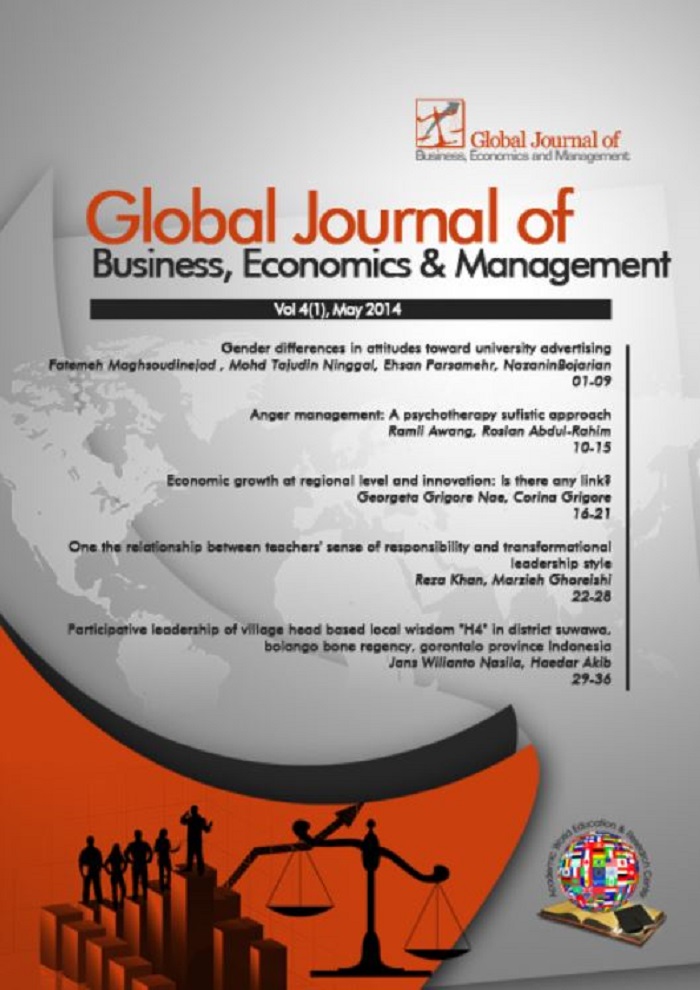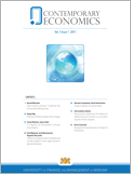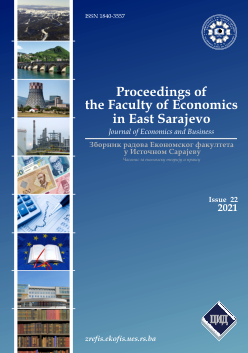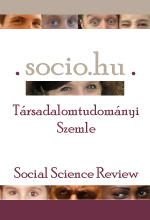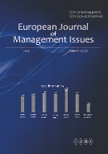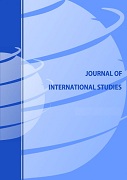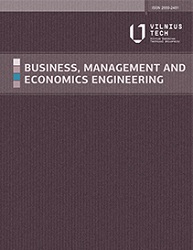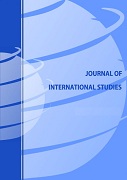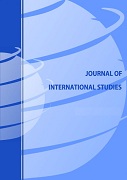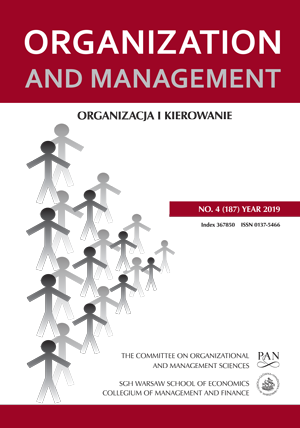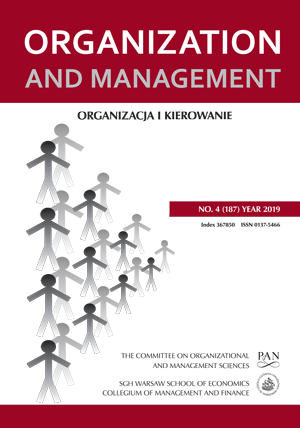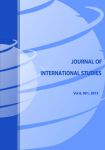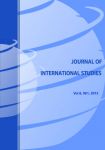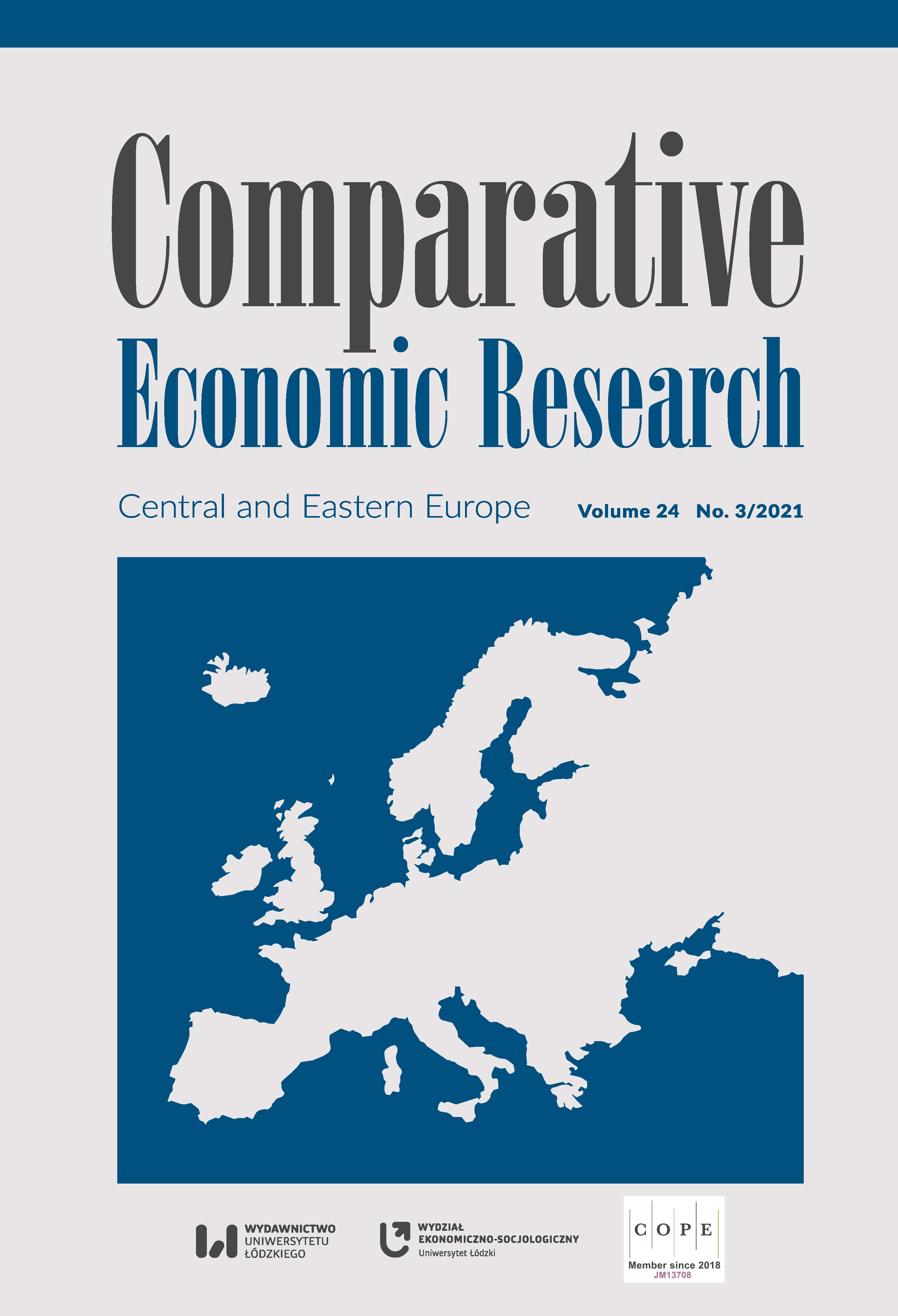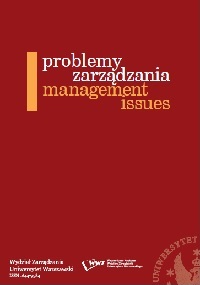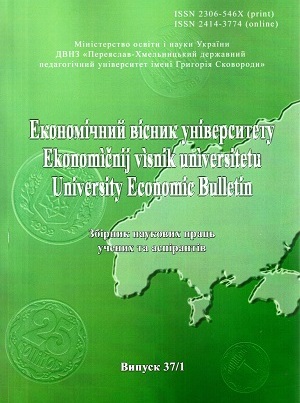
ПЕРСПЕКТИВНІСТЬ РОЗВИТКУ КРЕАТИВНОЇ ЕКОНОМІКИ В УКРАЇНІ
The subject of the study is the peculiarities of economic relations between economic entities in the conditions of a creative economy formation and development. of The purpose of the article is the author's vision of the peculiarities of the creative economy and the assessment of the real state of its development in Ukraine and the development of proposals for its promising directions and the solution of strategic tasks. Methodology of the work – is the position of theories of creative economy and creative industries, the concept of cultural capital. On the basis of the system approach, factors that influence the character of innovation and creative processes in Ukraine are identified. Using the methods of statistical and expert analysis, the trends of the real state of the creative economy in the country are determined. The methods of structuring and synthesis identify the strengths and weaknesses of the potential of the development of a creative economy in Ukraine and elaborate proposals for strengthening the role of creative resources in ensuring economic growth and solving social problems. The results of the work – an assessment of the state of development of the creative economy in Ukraine and the impact of factors that complicate the achievement of the goals set and require the strengthening of state policy to address the problems accumulated in society and the innovation system. Conclusions – the modern Ukrainian economy needs specific, different from the traditional economy, approaches to the definition and implementation of state policy to strengthen the development of creative industries and the formation of a model of a creative economy. Particular emphasis should be put on the creative direction in the reform of education, in particular, in the STEM-education actively involved creative, artistic disciplines by the generic term Arts.
More...
